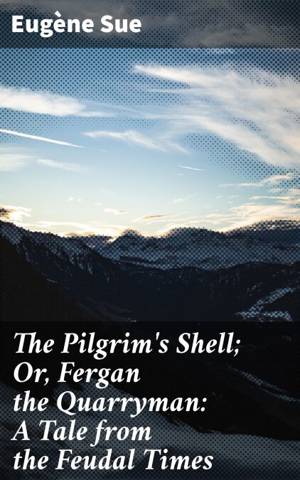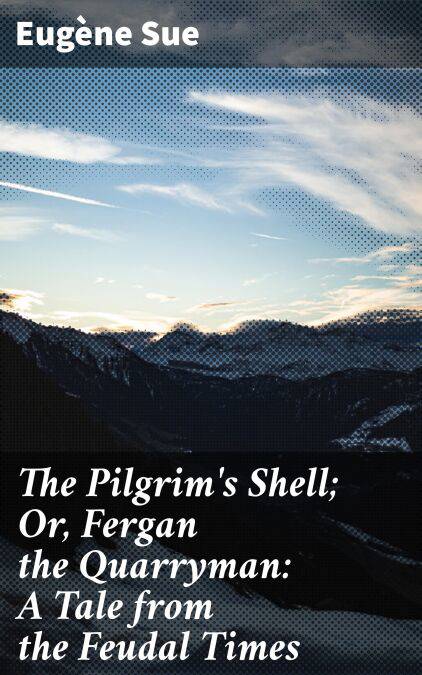
- Afhalen na 1 uur in een winkel met voorraad
- Gratis thuislevering in België vanaf € 30
- Ruim aanbod met 7 miljoen producten
- Afhalen na 1 uur in een winkel met voorraad
- Gratis thuislevering in België vanaf € 30
- Ruim aanbod met 7 miljoen producten
Zoeken
The Pilgrim's Shell; Or, Fergan the Quarryman: A Tale from the Feudal Times E-BOOK
A Captivating Tale of Power and Justice in Feudal Times
Eugène Sue
E-book | Engels
€ 0,49
Omschrijving
Eugène Sue's "The Pilgrim's Shell; Or, Fergan the Quarryman: A Tale from the Feudal Times" is a stirring exploration of social injustice and personal sacrifice set against the backdrop of the feudal era. Through Sue's skillful narrative, readers encounter Fergan, a quarryman whose struggles reflect the broader human condition. The novel employs a captivating mix of adventure and moral introspection, characterized by vivid descriptions and a dramatic portrayal of the peasantry juxtaposed with the opulence of the nobility. Sue's literary style, marked by Romantic ideals and a commitment to social reform, situates the work within the context of 19th-century France's burgeoning interest in the plight of the working class. Eugène Sue was a notable French novelist and a pioneer of the social novel genre, deeply influenced by the political upheavals of his time. Born in 1804, Sue's early experiences as a physician and social activist informed his writing, enabling him to spotlight class disparities and advocate for the marginalized. His work often reflects a profound empathy for those trapped in the oppressive structures of society, making "The Pilgrim's Shell" a distinctive embodiment of his values and experiences. This novel is highly recommended for readers interested in historical fiction that illuminates the intricacies of class struggles while offering an engaging plot and rich character development. Sue's narrative not only captivates but also provokes deeper reflections on justice and humanity, making it a must-read for anyone interested in the intersections of history, literature, and social critique.
Specificaties
Betrokkenen
- Auteur(s):
- Vertaler(s):
- Uitgeverij:
Inhoud
- Aantal bladzijden:
- 293
- Taal:
- Engels
Eigenschappen
- Productcode (EAN):
- 4064066221539
- Verschijningsdatum:
- 24/04/2021
- Uitvoering:
- E-book
- Beveiligd met:
- Digital watermarking
- Formaat:
- ePub

Alleen bij Standaard Boekhandel
Beoordelingen
We publiceren alleen reviews die voldoen aan de voorwaarden voor reviews. Bekijk onze voorwaarden voor reviews.








